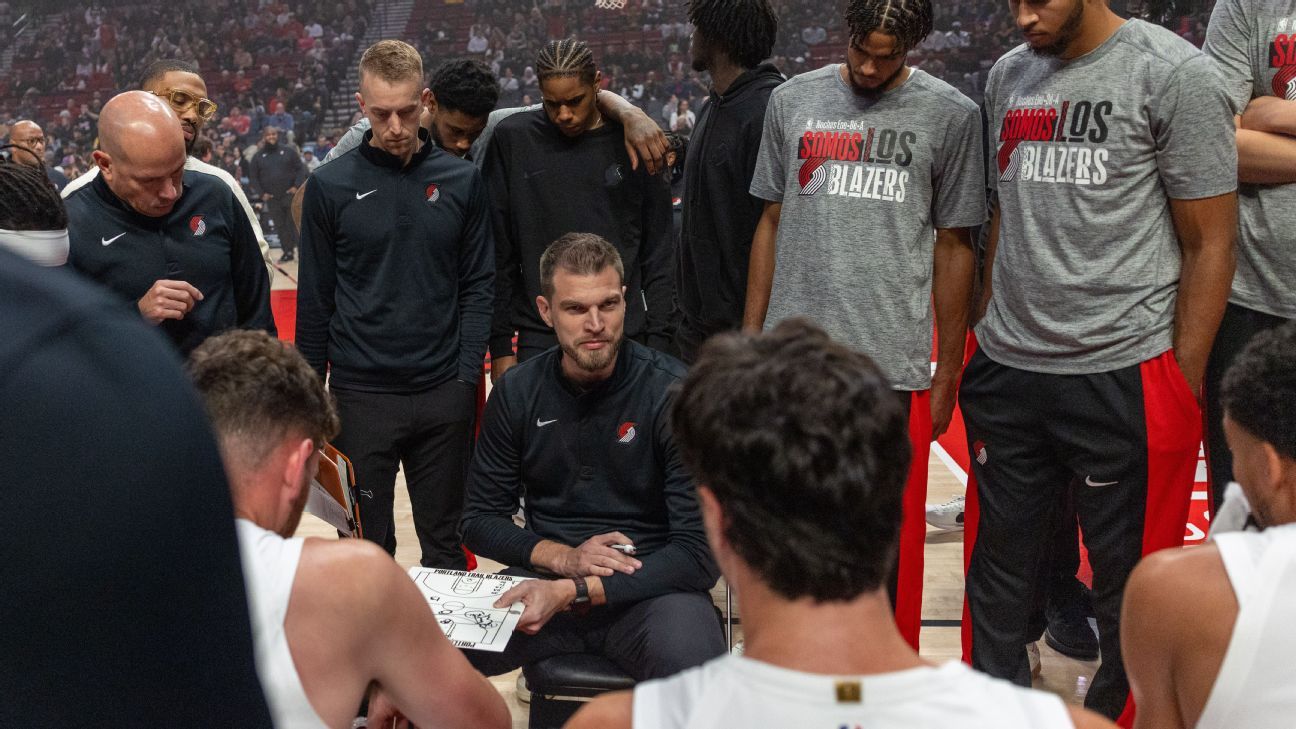Mounjaro Meltdown: Price Hikes and Access Barriers Ignite Storm for Weight Loss Jab

The landscape of weight-loss medication is experiencing a dynamic shift, driven by groundbreaking new drugs and evolving pricing structures for established treatments. Patients and healthcare providers are navigating a complex environment characterized by high demand, significant medical advancements, and concerns over accessibility and safety.
At the forefront of this revolution is a powerful new drug, retatrutide, often dubbed the 'Godzilla' of weight loss jabs. Early clinical trials suggest its remarkable efficacy, with participants shedding up to a quarter of their body weight in under a year. Some studies even reported women losing an average of 28.5 percent and men 21.2 percent in 48 weeks. This once-weekly injection, also manufactured by Eli Lilly, distinguishes itself by targeting three hormones involved in eating and weight regulation, not only suppressing appetite but also accelerating metabolism. This triple-action mechanism, which has earned it the nickname 'triple G,' makes it almost twice as effective as Ozempic (which typically yields up to 15 percent weight loss) and more potent than Mounjaro (up to 22.5 percent). However, retatrutide remains an investigational molecule in Phase 3 clinical trials, with results not expected until 2026, meaning it is not yet available to patients outside of these trials. Despite its experimental status, the drug's immense potential has led to a concerning trend: social media users are already claiming to have sourced it on the black market, boasting of significant weight loss, driven partly by the rising cost of other approved medications.
Meanwhile, Mounjaro, an existing and widely used weight-loss jab often referred to as 'King Kong,' has been at the center of a significant pricing controversy. Eli Lilly initially announced a drastic price hike for Mounjaro in the UK, effective from September, with the highest dose soaring from £122 to £330 a month, and mid-range doses like 5mg nearly doubling to £180. This announcement caused widespread panic among slimmers, leading to a rush to stockpile months' worth of the drug and prompting Eli Lilly to temporarily pause supplies to the UK. However, subsequent leaked documents revealed a revised, slightly lower price increase. The cost of the highest dose is now set to rise to £247.50, almost £100 less than initially planned, and the 5mg dose to £135. While this offers some relief, pharmacies like Curely and Boots have begun revealing their new prices, with variations across doses and providers. The Independent Pharmacies Association criticized Eli Lilly's decisions, citing significant instability and patient suffering due to price increases and supply suspensions.
The rising cost of Mounjaro and the lure of unapproved, potent alternatives like retatrutide have intensified fears of an expanding black market for weight-loss medications. Health experts and Eli Lilly have issued stark warnings against sourcing unapproved supplies, emphasizing that most are counterfeit, carry unknown risks and dosing, and could pose serious health risks. Border Force at Heathrow seized over 18,000 illegal weight-loss and diabetes medications, including fake Ozempic and Mounjaro pens, between June 2024 and June 2025, highlighting the scale of the problem. Eli Lilly reiterated that retatrutide is not approved and any product falsely representing it could expose patients to serious health risks.
Adding to the complexity is the dilemma faced by patients seeking NHS prescriptions. While the government has allowed GPs to prescribe these jabs for severe obesity, strict official guidelines apply, requiring patients to have a body mass index (BMI) over 35 (or 40, depending on the number of comorbidities) and at least one weight-related health problem. This creates an agonizing situation for individuals like Julia Dore and Jenny Lloyd, who self-funded their treatment, achieved significant weight loss, and no longer meet the BMI criteria for NHS eligibility. Julia, who lost five-and-a-half stone and improved several health markers, was shockingly told her only way to qualify for an NHS prescription would be to regain weight—a prospect she described as
You may also like...
Blazers Triumph Amidst Turmoil: Team Wins Day After Billups' Arrest

The Portland Trail Blazers navigate a sudden crisis after head coach Chauncey Billups' arrest in a federal investigation...
NBA Commissioner Adam Silver 'Deeply Disturbed' by Shocking Indictments

NBA Commissioner Adam Silver expressed deep concern over recent federal indictments involving Terry Rozier and Chauncey ...
Hollywood's Next Frontier: Taylor Sheridan's Ambitious Plan for Texas

Taylor Sheridan's move to Texas has profoundly reshaped Fort Worth's economy, attracting significant investment and fost...
Tron: Ares Overtakes Infamous Disney Box Office Bomb, Shaking Up Studio History

Disney is facing significant box office challenges in 2025, echoing past struggles with mega-budget bombs like <em>The N...
Rock Royalty Joins Forces: Jon Bon Jovi Teases Bruce Springsteen & Jelly Roll Collabs

Jon Bon Jovi's newly expanded album, "Forever (Legendary Edition)," features exciting collaborations with Bruce Springst...
Emotional 2Pac History: 'Brenda's Got a Baby' Inspirations Reunited After Decades

The real-life inspiration behind Tupac Shakur's classic song "Brenda's Got a Baby" has found an astonishing continuation...
Discover Canada's Hidden 'Scottish Gem': A Town Preserving Highland Culture and Traditions

Discover Fergus, Ontario, Canada's 'most Scottish town,' where history, architecture, and culture deeply reflect its Sco...
Star Sonequa Martin-Green Teases Major Reagan Family Reunion for 'Blue Bloods' Spin-Off

Discover 'Boston Blue,' the new CBS spin-off that brings Danny Reagan to Boston, partnering with Lena Silver from a prom...





